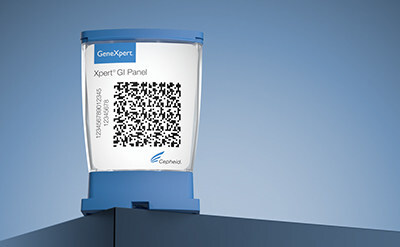Fasikl, a digital therapeutics company pioneering AI-driven neurotechnology, has received FDA 510(k) clearance for Felix NeuroAI, the first and only AI-powered wristband approved to treat essential tremor.
The non-invasive, wearable device uses machine learning to deliver real-time, personalized neuromodulation therapy, offering a revolutionary new option for the millions living with the debilitating condition.
Essential tremor affects approximately 10 million people in the US alone, often impairing basic motor functions like writing, eating or dressing.
Traditional treatments include beta-blockers or anti-seizure medications, which can have limited efficacy and undesirable side effects. More invasive approaches, such as deep brain stimulation, carry surgical risks and are not suitable for all patients.
Felix NeuroAI introduces a safe, drug-free alternative that adapts to users’ tremor patterns and evolves with their needs.
Fasikl, a spin-off from the University of Minnesota, leverages its platform to detect neural signals from peripheral nerves and deliver adaptive, personalized therapy.
Related: Nobi Raises $37M in Series B Funding for AI-Driven Fall Detection Technology
The device is worn like a watch on the wrist and continuously monitors tremor activity using embedded sensors.
It then uses proprietary machine learning algorithms to analyze tremor patterns and deliver targeted, non-invasive electrical stimulation through the wrist. This closed-loop system adjusts its stimulation in real time, optimizing therapeutic outcomes while minimizing side effects.
The device connects to Fasikl’s cloud-based AI platform, enabling continuous co-adaptation between the user and AI. It adjusts stimulation in real time, delivering personalized, all-day symptom relief while blending effortlessly into everyday life, according to Fasikl.
The FDA clearance of Felix was backed by results from the randomized, double-blind, sham-controlled TRANQUIL study, which successfully met its primary endpoint.
It enrolled 125 adults at 12 clinical sites across the US and China. Participants were randomly assigned in a 2:1 ratio to use either the Felix NeuroAI wristband or a sham device over a 90-day period.
The study demonstrated that the Felix wristband significantly reduced tremors and led to meaningful, statistically significant improvements in users’ ability to perform daily activities compared to a sham device. Patients reported enhanced control over daily tasks and improved confidence, with many experiencing meaningful symptom reduction after just a few sessions.
Efficacy was consistent across age and demographic groups, with no serious device-related adverse events reported.
Findings were presented as Late-breaking Science at the American Academy of Neurology’s annual meeting in April 2025, underscoring Felix’s safety and its potential as the first noninvasive, AI-powered treatment for essential tremor.
“FDA clearance of Felix marks a defining moment for Fasikl and the millions of people living with essential tremor who have long been underserved by existing therapies,” said Zhi Yang, PhD, CEO of Fasikl, in the company’s news release.
“This breakthrough in noninvasive, intelligent and personalized neuromodulation marks the emergence of AI therapeutics in disease treatment. It offers a new option that is potentially more effective, safer and more scalable. Our next step is to execute the commercialization plan to support Felix’s initial product launch.”
The company plans to roll out Felix NeuroAI through select clinical partners in late 2025, followed by a broader commercial launch in 2026.
Fasikl is also exploring expanded applications for the NeuroAI platform in other movement disorders and neurological conditions.
The global neurotechnology market — spanning neurostimulation, brain-computer interfaces, AI-enabled wearables and neuromodulation — is currently valued at around $15–17 billion and is projected to grow to over $30–50 billion by the early 2030s.
The rapid growth is being driven by aging populations, rising neurological disorder prevalence, advances in closed-loop AI systems and a shift toward non-invasive, at-home therapeutic devices.












Join or login to leave a comment
JOIN LOGIN